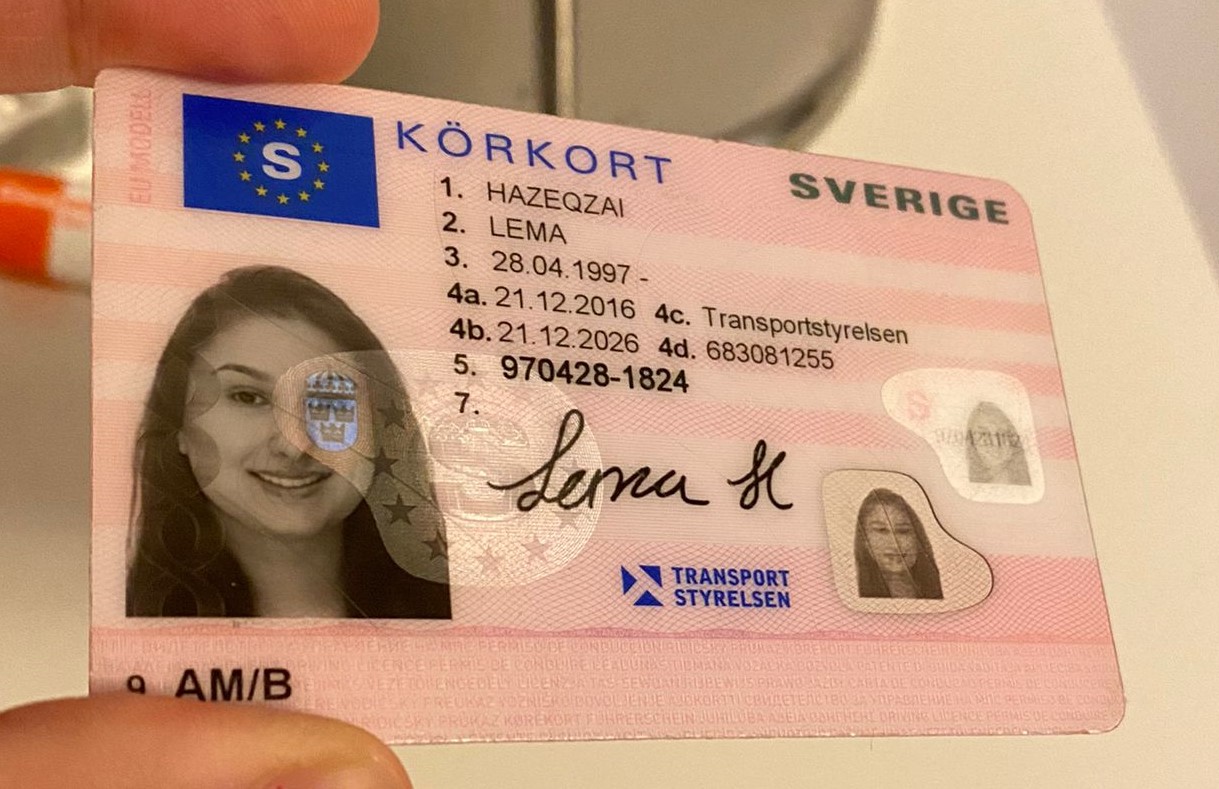11 "Faux Pas" That Actually Are Okay To Use With Your Drivin…
페이지 정보

본문
Navigating the New Landscape of Driving License ID Handling in 2025
In every society, the driving license works as an important file, not just as an evidence of the ability to operate a vehicle however also as a recognition tool. As we step into 2025, significant changes have emerged regarding the handling and management of driving licenses, mainly affected by advances in innovation, progressing policies, and the need for boosted security measures. This article aims to provide a detailed overview of driving license ID managing in 2025, illuminating the innovations involved, the upcoming legal changes, and offering responses to common questions.

The Transition to Digital Driving Licenses
Among the most significant transformations in driving license ID handling is the extensive adoption of digital driving licenses. These digital licenses are saved digitally on smart devices, offering several conveniences to both motorists and authorities. In the United States, for example, many states have actually begun executing digital driver's licenses, while countries such as Canada and the UK are expected to follow suit quickly.
Key Benefits of Digital Driving Licenses
- Convenience: Easily available on mobile phones, eliminating the requirement to bring physical copies.
- Enhanced Security: Incorporating biometric features and encryption assists to combat identity theft and scams.
- Real-time Updates: Immediate updates to individual information, such as changes in address or status, boost precision.
Challenges and Concerns
In spite of the advantages, the transition to digital licenses provides difficulties, including concerns about personal privacy, cybersecurity risks, and the digital divide affecting those without access to mobile phones or the web.
Modifications in Regulatory Framework
As we head into 2025, numerous guidelines surrounding driving licenses have come under analysis and improvement. Federal governments and Internationellt körkort transportstyrelsen (http://repo.sprinta.com.br:3000/korkortonline0089) regulatory bodies are concentrating on ensuring that driving licenses are safe and secure, valid, and provided in compliance with established laws.
Key Legislative Trends
Standardized ID Formats: Countries are moving towards a standardized format for driving licenses to streamline recognition and improve security.
Increased Verification Procedures: Authorities are now employing advanced methods such as facial acknowledgment and AI to enhance confirmation procedures at checkpoints.
Concentrate on Sustainability: With growing environmental issues, numerous states are going with environment-friendly products for physical licenses and exploring robust digital options.
Age and Identity Verification: Enhanced procedures are being put in location to precisely confirm the age and identity of motorists, particularly in contexts where age-related laws apply to driving.
The Global Perspective: State-By-State Comparison
| Nation | Digital License Implementation | Current Regulations | Notable Features |
|---|---|---|---|
| United States | A number of states in progress | Varies by state, efforts to merge formats | QR codes for simple recognition |
| Canada | In pilot phases | Standardized identification across provinces | Integration with health IDs |
| United Kingdom | Early adoption phase | Emphasis on online renewal and information updates | Digital confirmation by means of the app |
| Australia | Under factor to consider | Increasingly rigid recognition protocols | Concentrate on scams prevention |
The Role of Technology in ID Handling
Technology is changing how driving licenses are handled. AI, blockchain, and biometrics are ending up being essential to driving license issuance and confirmation.
Innovations Shaping the Future
Expert system: AI algorithms are now made use of for acknowledging patterns in driving behaviors, which can notify insurance coverage premiums and legal implications.
Blockchain Technology: Ensuring the integrity and authenticity of driving license information, blockchain innovation enables for secure sharing of info in between authorities without worry of tampering.
Biometrics: Increasingly, biometric systems are carried out at the point of issuance and verification, such as facial acknowledgment and finger print scanners, to guarantee secure identity confirmation.
Possible Impacts of Emerging Technologies
The application of these technologies can lead to boosted dependability and security of driving IDs, however it raises questions about data privacy and user approval.
Regularly Asked Questions (FAQs)
1. What should I do if my digital driving license is lost or stolen?
You ought to right away report the loss or theft to your local motor vehicle firm. Most digital licenses have integrated functions to disable access remotely.
2. Are digital driving licenses accepted all over?
As of 2025, approval of digital licenses differs by area. It's encouraged to bring both digital and physical copies when taking a trip throughout state or nationwide borders.
3. Can I upgrade my details on a digital driving license?
Yes, updates can typically be made through the associated mobile application or site of the providing authority.
4. What are the security procedures for digital licenses?
Digital licenses generally incorporate functions such as encryption, two-factor authentication, and biometric verification to boost security.
5. How will traditional driving licenses be affected?
The relocation towards digital licenses might reduce the issuance of physical licenses, however they will still be available for those unable to gain access to digital options.
As we advance into a new age in 2025, the handling of driving licenses is optimizing to fulfill the demands of modern-day society. Through technological advancements and regulatory reforms, individuals can expect a more safe and secure, efficient, and streamlined procedure for obtaining and managing their driving licenses. Nevertheless, as digital solutions multiply, it remains important to address difficulties connecting to personal privacy, security, and accessibility, ensuring fair road access for all motorists while safeguarding individual information. As governments across the world continue to adapt to these modifications, the future of driving license ID handling is set to be both dynamic and transformative.

- 이전글The Unspoken Secrets Of Buy A Driving License 400 Euros 25.06.12
- 다음글Сверление водяных скважин на водоснабжение в регионе Ленинград — выгодный выбор 25.06.12
댓글목록
등록된 댓글이 없습니다.

